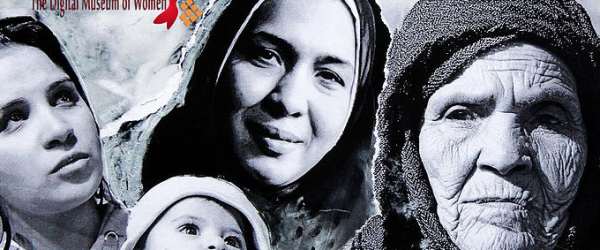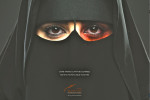In the ultraconservative context of Saudi Arabia, appeals such as recycling and creating Western style public libraries, are breaking new ground: They are coming from some of the more than 900 female candidates in the kingdom’s first nationwide election in which women are able to run — and vote.
American Muslim women who wear religious headscarves are debating whether they should change their routine because of the rise in anti-Muslim rhetoric and harassment, but some U.S. Muslim women say they won’t change anything about how they cover their hair.
Women who wear head coverings such as a hijab, writes Dexter Thomas, are easily distinguished as Muslims. That makes them more vulnerable to verbal or physical harassment. So, what is it like to be a Muslim after a terrorist attack?
A patient at an Irish hospital refused to accept treatment from two doctors on the grounds that they were Muslims. Asked if she was a Muslim, the doctor reported “yes” at which point the patient asked to be treated by a different consultant as she “did not want a Muslim involved in her care.”
“The Tainted Veil” explores the history and the contradictions of the hijab, the head and neck covering that many Muslim women wear. This documentary’s subjects variously describe the garment as an expression of, and a denial of, femininity.
A group of women recently toured the Al-Basateen District in Saudi Arabia as part of a campaign in support of one of the candidates in the municipal council elections. It might seem unusual for people to see women marching on the streets, says one participant, but she has always supported sports and exercise.
The 2015 Egypt Health Issues Survey (EHIS) has found that around 9 in 10 women aged 15-49 have undergone female genital cutting (also known as female genital mutilation) despite a government ban on the practice.
The Madarak Center for the Right to Knowledge has created an online museum to celebrate women who participated in the Egyptian uprising. Tha2era, Arabic for “Rebel,” thoroughly documents the female revolutionaries and aims to tell their stories, their struggles, and their accomplishments.


